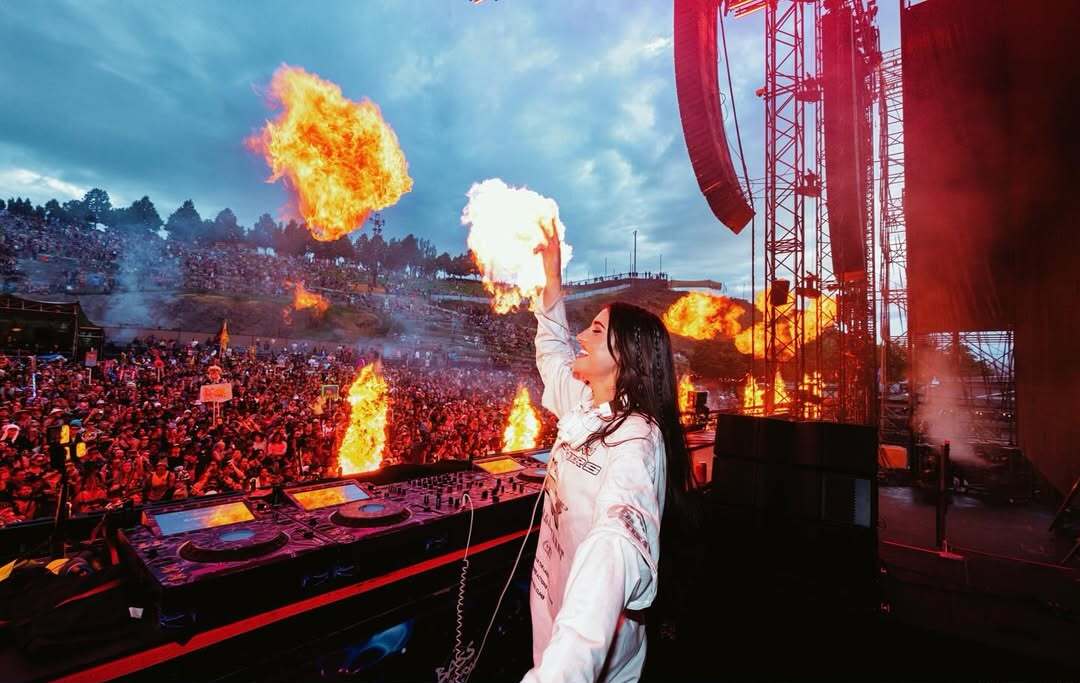WARNING: The following contains spoilers for the Chainsaw Man manga.
It truly is quite the task to explain the premise of Chainsaw Man to the uninitiated. Denji, the perverted and chronically down-on-his-luck protagonist, has a dog, Pochita, that doubles as a chainsaw. They're the best of friends even though Pochita is actually an overpowered, universally feared Devil from Hell. After their untimely murder, the pair fuses, and Denji gets to try his hand at being a monster, cutting down those who would devour him with his new chainsaw limbs. And the manga only gets wilder from there.
Diverging from the shonen genre slightly, Chainsaw Man demonstrates an arguably more modern take on demons and monsters. The idea that Devils can represent anything from mundane objects to eternal concepts almost seems silly in comparison to the traditional demons seen in other action-packed series, and the manga feels a lot like the shocking Devilman Crybaby -- except it takes the weirdness factor a step even further. Animal-like demons with horns and tails are one thing. A scantily clad demon with a bomb for a head is another. Beam, the energetic shark Fiend, is particularly difficult to take seriously with his partial shark head. However, Chainsaw Man's Devils actually make perfect sense, as they're the real demons that people have to face every day.
Possibly the strangest part of the manga is Pochita's impromptu date with Kobeni. After being summoned by Makima, the restored Devil abandons the scene of the action and answers a call for help from Denji's former Devil-hunting coworker. What follows is the oddest date imaginable. Pochita literally snatches up the terrified girl and takes her for ice cream before demanding she play a rhythm game. But this odd series of events -- as random as it may seem - is simply Pochita carrying out one of his friend's wishes: to go on a date with a girl. It's an extremely sweet moment despite how bizarrely it plays out.
Even Denji's final fight with the possessed Aki is jarring due to the strange disconnect between reality and Aki's imagination. The scene is artfully written, with Denji reluctantly fighting his dear friend while Aki imagines the moment as a playful snowball fight. The panels switch between the contrasting scenes without warning and throw the reader off-balance before delivering the final heartbreaking blow. This section would not work as well without this interplay, and Tatsuki Fujimoto's handling of the entire series is proof of an insightful and talented storyteller.
Because of its absurdity, Chainsaw Man is beautifully heartfelt. The reader is thrown around just like Denji and forced to grapple with the circumstances. At the end of it all, the story highlights the importance of holding on tightly to the relationships that matter, especially when the world tries its best to tear them apart. It's no wonder fans are looking forward to MAPPA's anime adaptation. But, in the meantime, they will be able to enjoy the upcoming light novel.
About The Author

